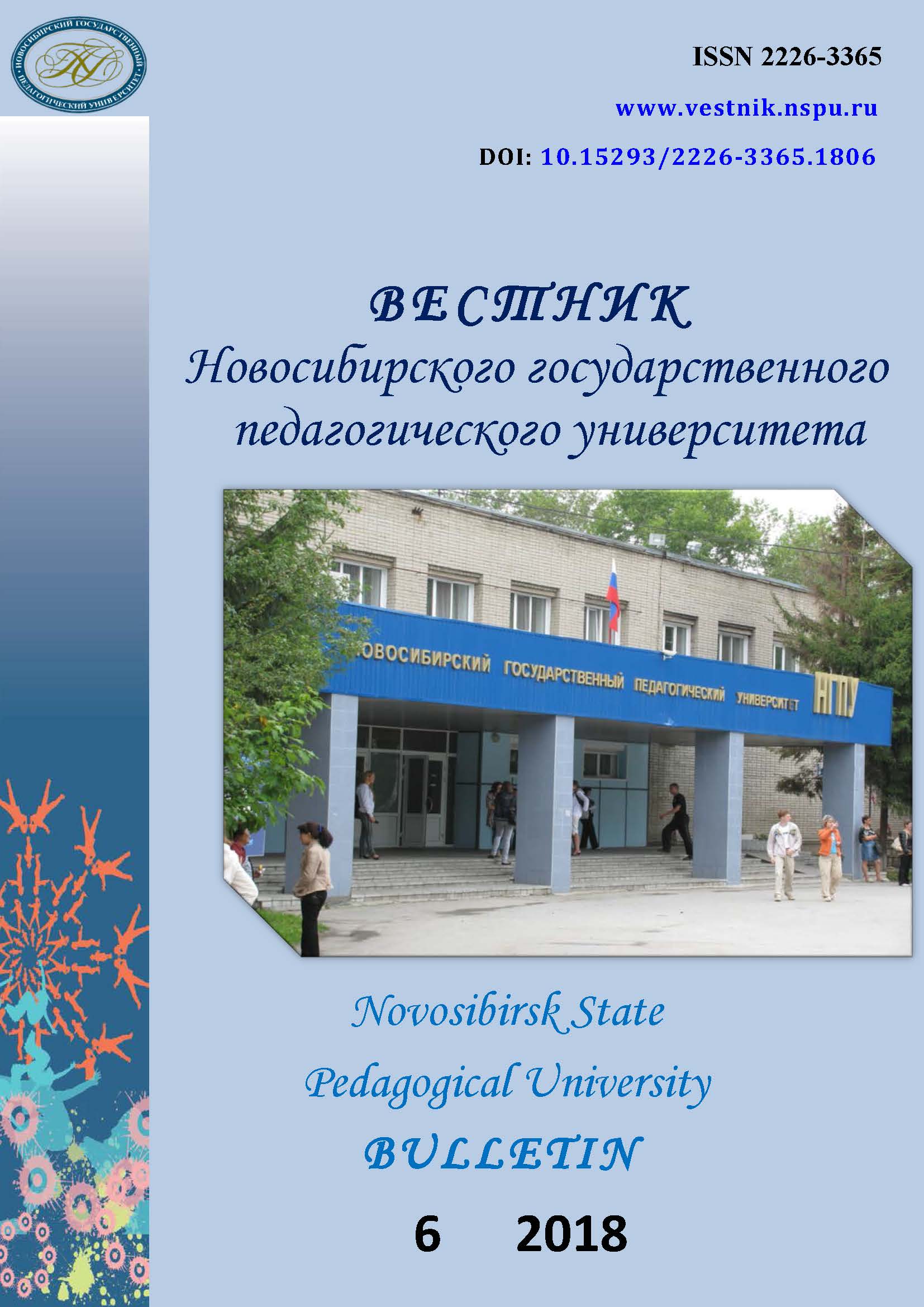Реализация программ наставничества одаренных школьников в зарубежных странах
Implementation of mentoring programs for gifted and talented children and youth (an international perspective)
Author(s): Elena Aleksandrovna DudinaSubject(s): School education, Applied Sociology
Published by: Новосибирский государственный педагогический университет
Keywords: Mentoring; Mentor; Mentoring programs; Gifted children and youth; Formal mentoring; Informal mentoring; Developmental mentoring programs; Remedial mentoring programs
Summary/Abstract: Introduction. The article studies mentoring as a specialized form of individual educational support and guidance of gifted and talented students whose special needs cannot be met in schools. The purpose of the research is to summarize the main aspects of developing and implementing mentoring programs for gifted and talented students in foreign countries. Materials and Methods. The research methods include an analysis of mentoring programs for gifted and talented children and youth in foreign countries based on a range of theoretical works by foreign and Russian scholars and research reports of practitioners, generalization and systematization of obtained data. Results. The research reveals interdisciplinary and interinstitutional approach to development and implementation of mentoring programs for gifted and talented children and youth in foreign countries. The author introduces classification of mentoring programs according to the types of participating gifted students: developmental mentoring programs aimed at successful gifted children and youth and remedial mentoring programs for challenging types of gifted students (underachieving, twice exceptional, underrepresented, etc.). The author argues that specific features of mentoring programs for gifted students depend on their age. Mentoring programs for primary schoolchildren and young adolescents focus on engaging them in a topic or domain and developing the needed skills, knowledge, and values. Mentoring programs for high school-age gifted students deal with talent differentiation, career choice and career goal clarification. Conclusions. The author has summarized international experience of developing and implementing mentoring programs aimed at meeting special educational, social and emotional needs of gifted and talented children and youth. Specific features of developing and implementing mentoring programs for gifted and talented children and youth in foreign countries have been identified.
Journal: Вестник Новосибирского государственного педагогического университета
- Issue Year: 8/2018
- Issue No: 6
- Page Range: 41-57
- Page Count: 17
- Language: Russian

